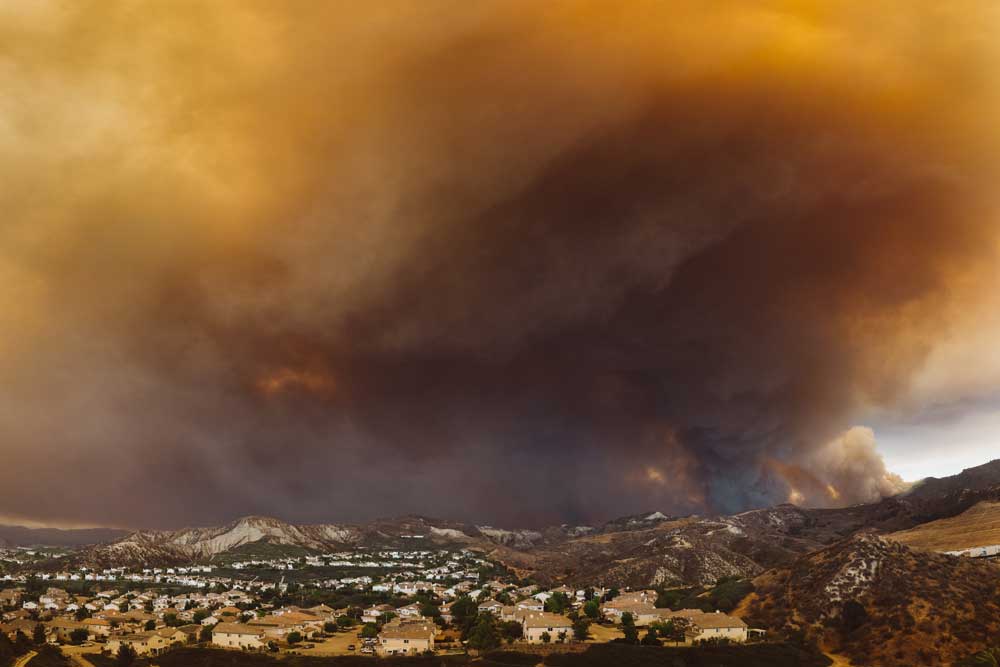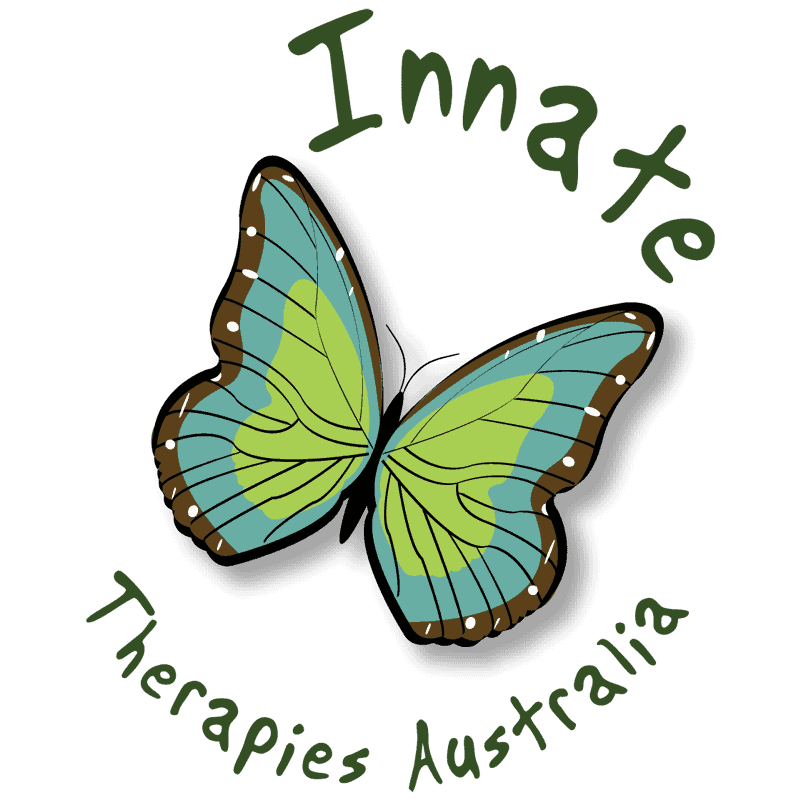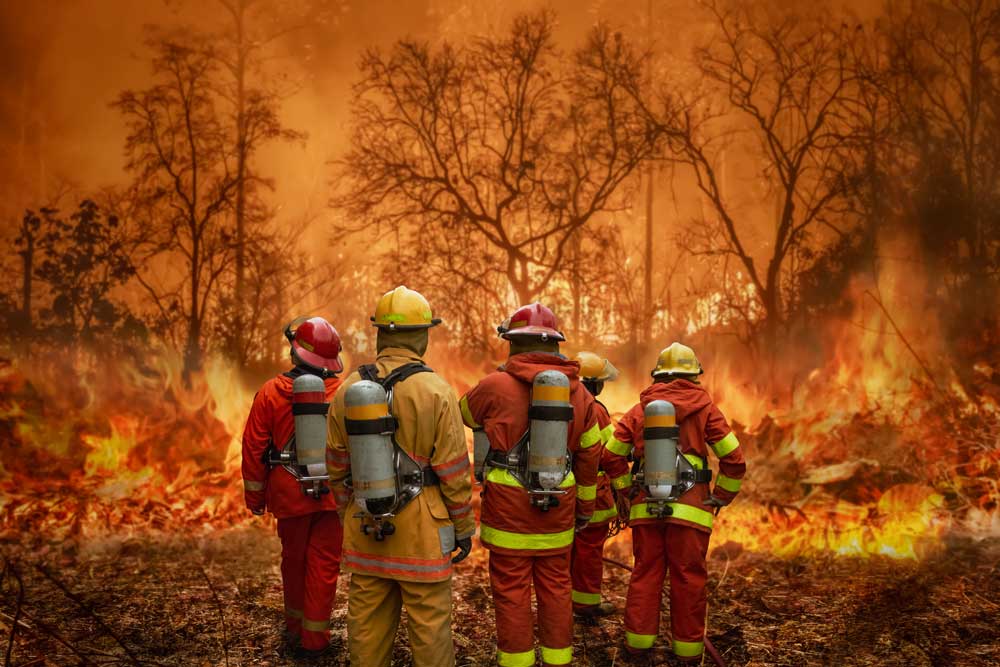Our Telehealth Services are here for you.
Queensland, known for its breathtaking landscapes and coastal beauty, is not unfamiliar with the fury of bushfires. These natural disasters pose a significant threat to both property and, more importantly, human lives. The devastating impact of bushfires leaves survivors and communities grappling with a complex set of emotional, psychological, and physical challenges. In times of such crisis, Critical Incident Counselling emerges as a lifeline, offering vital support and healing. This article delves into the critical role of Critical Incident Counselling during Queensland’s bushfires, understanding its significance, and how it provides a path to recovery.
Queensland's Bushfires: A Harrowing Reality
Queensland’s climate, with its dry spells and hot temperatures, is susceptible to bushfires, which can ravage large areas of land, destroy homes, and put lives at risk. As such, the need for effective crisis response and recovery mechanisms is paramount. One such mechanism is Critical Incident Counselling.
What Is Critical Incident Counselling?
Critical Incident Counselling, or crisis counselling, helps people deal with the emotional and psychological effects of a traumatic event.
Critical incidents are events like natural disasters, accidents, violence, or situations that are too much for someone to handle.

Key Features of Critical Incident Counseling:
Immediate Response: Critical Incident Counseling provides timely support, often beginning shortly after the critical incident occurs, helping individuals address their emotions and reactions in the initial stages.
Emotional Support: It offers a safe space for individuals to express their feelings, fears, and anxieties related to the traumatic event.
Education and Coping Strategies: Critical Incident Counselors equip survivors with coping strategies to deal with distress and help them regain control over their lives.
Normalization: It helps individuals understand that their reactions to a traumatic event are normal responses to an abnormal situation.
Preventing Long-term Effects: By addressing the emotional impact of the critical incident early, it aims to prevent the development of long-term psychological conditions.
The Role of Critical Incident Counsellors
Critical Incident Counsellors are professionals trained to offer specialized support to those affected by critical incidents. They are a vital part of the emergency response and recovery team, working alongside first responders, healthcare providers, and community organizations. Their roles include:
Immediate Crisis Intervention: Critical Incident Counselors offer immediate support to survivors, helping them manage their emotional responses in the initial aftermath of a traumatic event.
Assessment: They assess the psychological and emotional state of individuals to determine the appropriate level of care and support needed.
Emotional Support: Critical Incident Counsellors provide a compassionate and non-judgmental listening ear for individuals to express their feelings and fears.
Coping Strategies: They equip survivors with coping strategies and tools to manage their stress, anxiety, and other emotional reactions.
Referral and Follow-up: If necessary, they can refer individuals to ongoing mental health services and provide follow-up support to ensure they continue to receive the care they need.
The Emotional Toll of Queensland's Bushfires
Queensland’s bushfires, with their widespread destruction and loss, take a tremendous emotional toll on individuals and communities. The emotional impact of such disasters includes:
Fear and Anxiety: The immediate fear of losing one’s life or property during a bushfire can be paralyzing. Anxiety may persist long after the fire has been extinguished.
Grief and Loss: For those who have lost loved ones, homes, or pets, grief and loss are profound and enduring emotions.
Trauma: Survivors may experience post-traumatic stress disorder (PTSD), characterized by flashbacks, nightmares, and severe anxiety.
Survivor’s Guilt: Some individuals may experience guilt for having survived when others did not, leading to complex feelings of shame and sadness.
Displacement and Uncertainty: Forced evacuation and displacement add another layer of stress, as individuals grapple with uncertainty about their future.
How Critical Incident Counseling Helps During Bushfires
Critical Incident Counseling plays a crucial role in mitigating the emotional trauma associated with Queensland’s bushfires. Here’s how it provides a lifeline to those affected:
- Immediate Support
In the aftermath of a bushfire, survivors often face an immediate emotional crisis. Critical Incident Counselors are deployed to provide immediate support, allowing individuals to begin processing their experiences and emotions. This timely intervention can prevent the development of more severe mental health conditions.
- Emotional Validation
Survivors of bushfires may experience a wide range of emotions, from fear and anger to grief and despair. Critical Incident Counselors offer emotional validation, letting survivors know that their feelings are normal responses to an abnormal situation. This validation is essential in reducing the isolation and stigma that can accompany these emotions.
- Coping Strategies
Critical Incident Counselors equip survivors with coping strategies to manage their emotions and stress. These strategies can include relaxation techniques, mindfulness exercises, and ways to reframe negative thoughts. By providing survivors with tools to regain a sense of control, Critical Incident Counseling helps in the healing process.
- Trauma Recovery
For those experiencing trauma, Critical Incident Counselors are trained to address the symptoms of post-traumatic stress disorder (PTSD). Through various therapeutic techniques, they help survivors process traumatic memories, reduce the impact of flashbacks, and learn to manage their anxiety.
- Community Resilience
In addition to individual support, Critical Incident Counselors also play a role in building community resilience. They work with local organizations and agencies to coordinate resources and support services. This fosters a sense of unity and cooperation among community members, which is essential for recovery and rebuilding.
- Post-Traumatic Growth
Critical Incident Counseling doesn’t just aim to help individuals recover; it also supports them in experiencing post-traumatic growth. This is the concept that individuals can emerge from a traumatic experience with a newfound sense of purpose, personal growth, and resilience. Critical Incident Counselors guide survivors toward this positive transformation.
Seeking Critical Incident Counseling

One of the challenges in the aftermath of a bushfire is encouraging individuals to seek Critical Incident Counseling.
The stigma around mental health issues and the misconception that seeking help is a sign of weakness can deter people from accessing the support they need.
It is crucial to promote the message that reaching out for help is a sign of strength and resilience.
How Innate Therapies can help you?
Queensland’s bushfires have a profound impact on the lives of those affected, leaving behind not only physical destruction but also emotional scars that can last a lifetime. In these trying times, understanding the significance of Critical Incident Counselling is crucial.
While traditional talk therapy plays a vital role in helping individuals cope with the emotional aftermath, there’s another dimension to this support.
These holistic and alternative approaches, such as mindfulness, art therapy, and nature therapy, are becoming increasingly recognized for their ability to provide a lifeline to individuals during and after the Queensland bushfires. They offer a unique way to address the emotional trauma, complementing conventional counselling methods and promoting healing, resilience, and post-traumatic growth.
Innate Therapies in Cairns provide individuals with tools to navigate the complex web of emotions and challenges that arise during and after a bushfire.
Mindfulness, for example, empowers survivors with techniques to stay present and manage overwhelming emotions. Art therapy allows for creative expression when words may fail, serving as a means of catharsis and self-discovery.
Our amazing team can help get you on the right track with a telehealth appointment.

